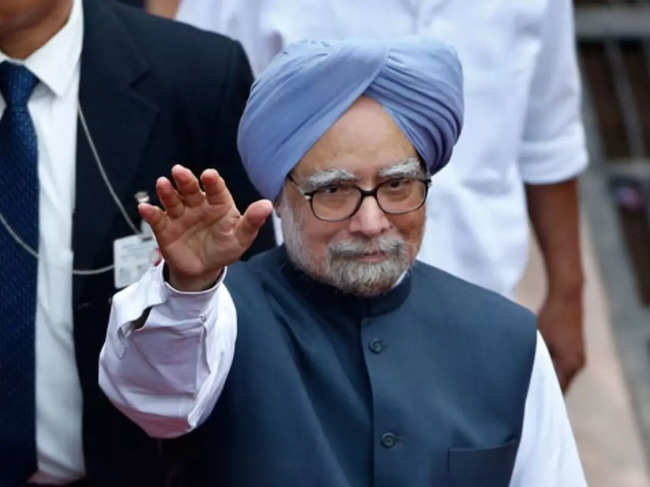 Agencies
Agencies
Despite his illustrious political career, Singh never contested or won a Lok Sabha seat.
ET Year-end Special Reads
Dr. Singh's life and career are rich with remarkable milestones and lesser-known anecdotes. Here are 10 fascinating facts about him:
- Among Reserve Bank of India (RBI) governors, two transitioned to become Finance Ministers—Manmohan Singh and C.D. Deshmukh.
- Singh belongs to a rare group of four Finance Ministers who later became Prime Ministers, joining the ranks of Morarji Desai, Charan Singh, and V.P. Singh.
- Four senior bureaucrats ascended to the role of Finance Minister, including Singh, H.M. Patel, C.D. Deshmukh, and Yashwant Sinha.
- Though Singh spoke Hindi fluently, he preferred to have his speeches written in Urdu, reflecting his proficiency and comfort with the language.
- His early life in Gah, a village in undivided Punjab, was marked by the absence of modern amenities like electricity, piped water, and schools. Determined to learn, Singh would walk long distances to study by the light of a kerosene lamp.
- The partition of India in 1947 forced his family to migrate to Amritsar, where they started their lives anew. Singh was just 14 at the time.
- Recognized internationally for his economic acumen, Singh was named "Finance Minister of the Year" in 1993 by both Euromoney and Asiamoney.
- Singh made history in 2004 as the first non-Hindu to assume the office of Prime Minister in India.
- In 1962, Jawaharlal Nehru personally offered Singh a government role, but he declined, choosing instead to continue his teaching career in Amritsar.
- Singh’s habit of listening to BBC news every morning proved invaluable during the 2004 tsunami crisis, enabling him to respond swiftly to the disaster.
- Dr. Manmohan Singh’s legacy is a testament to his intellect, humility, and unwavering dedication to public service.
(Catch all the Business News, Breaking News, Budget 2024 Events and Latest News Updates on The Economic Times.)
Subscribe to The Economic Times Prime and read the ET ePaper online.
Read More News on
(Catch all the Business News, Breaking News, Budget 2024 Events and Latest News Updates on The Economic Times.)
Subscribe to The Economic Times Prime and read the ET ePaper online.










 Get Unlimited Access to The Economic Times
Get Unlimited Access to The Economic Times
